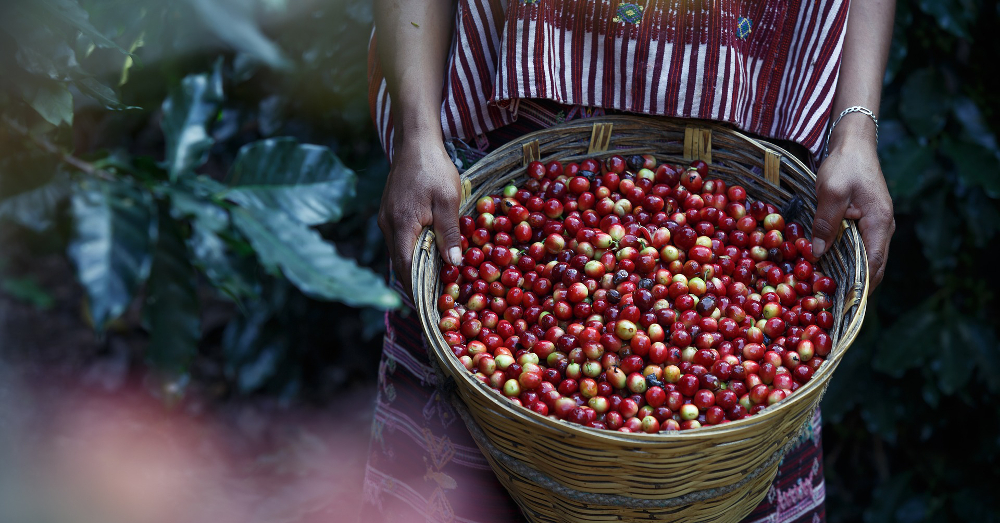
Two Serious Threats Could Put Latin American Coffee Production Into Crisis Mode
Trouble could be brewing for the Latin American coffee industry, new research warns, as it faces losses in suitable farmland and declines in important bee species as a result of future climate change.
The total amount of land suitable for coffee farming is expected to fall by between 73-88 percent by 2050, the lead author tells Carbon Brief. On top of this, the number of species of bees—which play a key role in pollinating coffee plants—could drop by as much as 18 percent because of climate change.
September 13, 2017 | Source: AlterNet | by Daisy Dunne, Carbon Brief
For java junkies, trouble is brewing.
Trouble could be brewing for the Latin American coffee industry, new research warns, as it faces losses in suitable farmland and declines in important bee species as a result of future climate change.
The total amount of land suitable for coffee farming is expected to fall by between 73-88 percent by 2050, the lead author tells Carbon Brief. On top of this, the number of species of bees—which play a key role in pollinating coffee plants—could drop by as much as 18 percent because of climate change.
The study is the first to investigate how the both the direct and indirect consequences of climate change could overlap to threaten coffee production, another scientist tells Carbon Brief. Using this approach in future research could help us better understand how climate change threatens other key crops, he says.
Trouble brewing
Latin America is the largest coffee-producing region in the world, accounting for 80 percent of global arabica coffee production. Arabica is the world’s most popular type of coffee, accounting for 70 percent of global production. The second most popular bean, robusta, is grown mainly in sub-Saharan Africa.
More than 80 percent of Latin America’s coffee is grown by smallholder farmers who tend to less than four hectares of land. Research suggests that smallholder farmers are particularly vulnerable to the loss of good farming conditions as a result of climate change.
